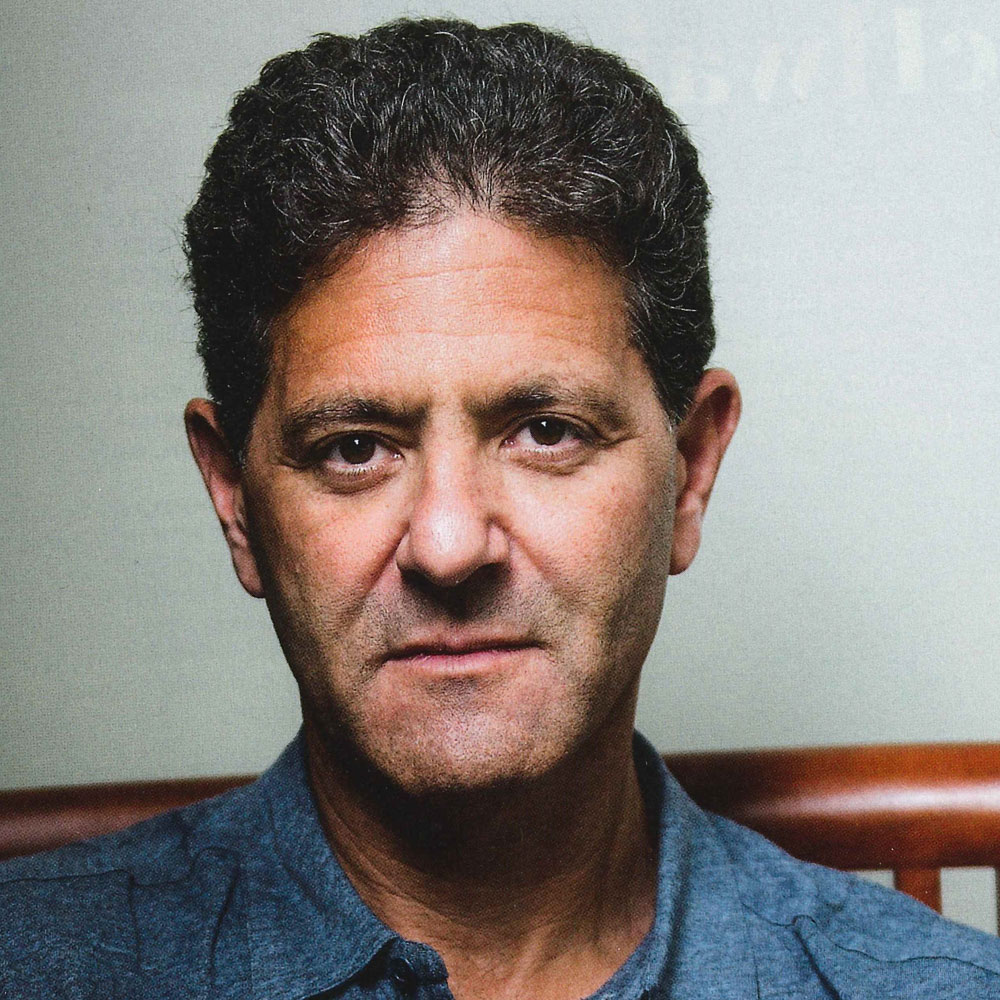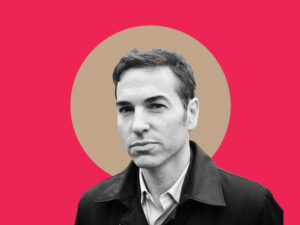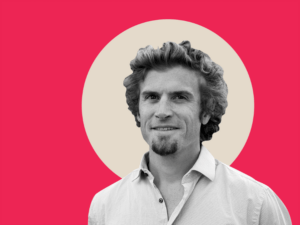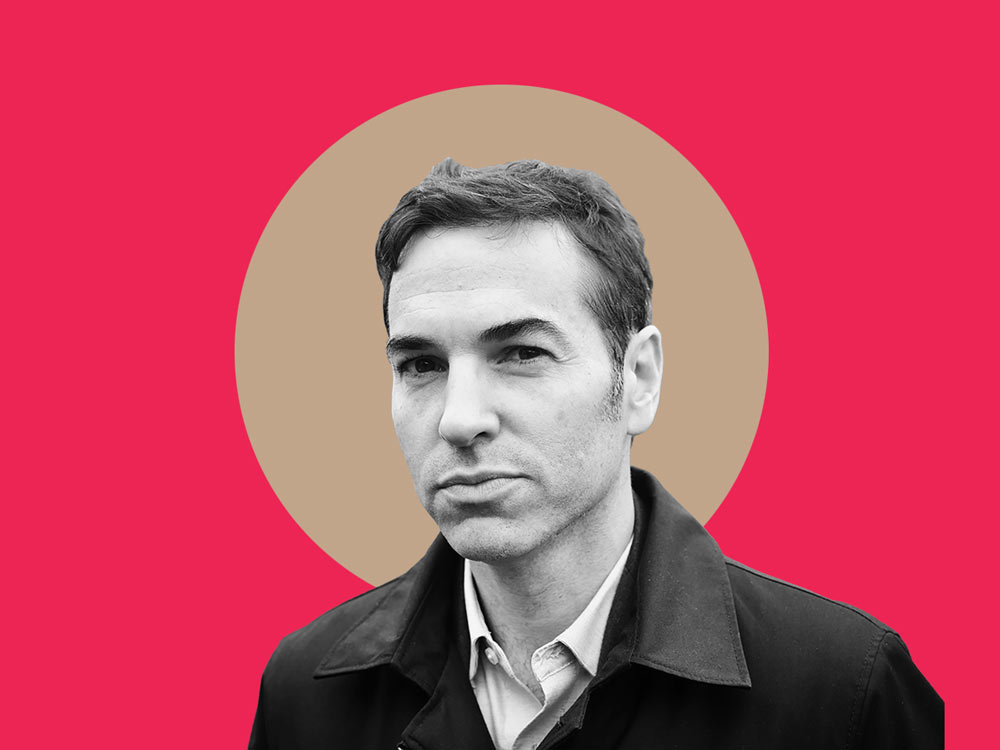
As we head into election season, many presidential candidates are talking about ways they plan to address the nation’s social and economic divides. Earlier this summer, a group of some of the wealthiest Americans wrote an open letter to these 2020 presidential candidates, asking them to tax them more, stating that a wealth tax could generate $3 trillion in revenue over the course of a decade, and that America has a moral, ethical and economic responsibility to levy such a tax.
The letter was signed by millionaires and billionaires like Abigail Disney, George Soros, and Nick Hanauer, who made his millions as a technology entrepreneur and venture capitalist. In the latest Tiny Spark podcast, Hanauer laments the “pernicious” set of academic ideas that have seeped into American culture, including the notion that “the richer the rich got, the better off everyone would be.” He calls on voters on both sides of the political spectrum to get together and agree that a thriving middle class is the best source of growth and stability. “As Americans, we let ourselves off the hook way too easily if we say, ‘Well, it’s just the rich people and there’s nothing we can do.’”
Sign up for our free newsletters
Subscribe to NPQ's newsletters to have our top stories delivered directly to your inbox.
By signing up, you agree to our privacy policy and terms of use, and to receive messages from NPQ and our partners.
Hanauer also hosts his own podcast called Pitchfork Economics, and he’s not afraid of voicing controversial opinions. In our interview, he explains why the form of capitalism practiced in the United States today is a “corruption of what it truly should be.” He argues that raising wages is the best way to get the country back on track. And, when it comes to those who are failing to pay proper wages, he takes aim even at our own nonprofit sector.
“The nonprofit community can be highly problematic,” he says, discussing a campaign he supports in his home state of Washington that would provide overtime benefits to a larger segment of the workforce. Hanauer concedes the proposal has been met with opposition, but adds, “There is no group of people who [have] pushed back harder than the nonprofit sector, who continue to make that argument: ‘How can we do the work of helping people who are exploited if we are not allowed to exploit people ourselves?’”
Additional Resources:
- NPQ: “Is Exploiting Workers Key to Your Nonprofit Enterprise Model? The New Overtime Requirements”
- NPQ: “Wealthy Nonprofits in Washington Oppose New Overtime Proposal”
- Hanauer’s website and Twitter
- Medium: “An Open Letter to the 2020 Presidential Candidates: It’s Time to Tax Us More” (signed by Hanauer)
- Politico: “The Pitchforks Are Coming…For Us Plutocrats”
- Los Angeles Times: “Q&A: Seattle minimum-wage fight: Does $15 an hour make economic sense?”
- Tiny Spark podcast: Anand Giridharadas:“Winners Give More, But Their Giving Reinforces Elite Power”
Photo credit: Civic Ventures













